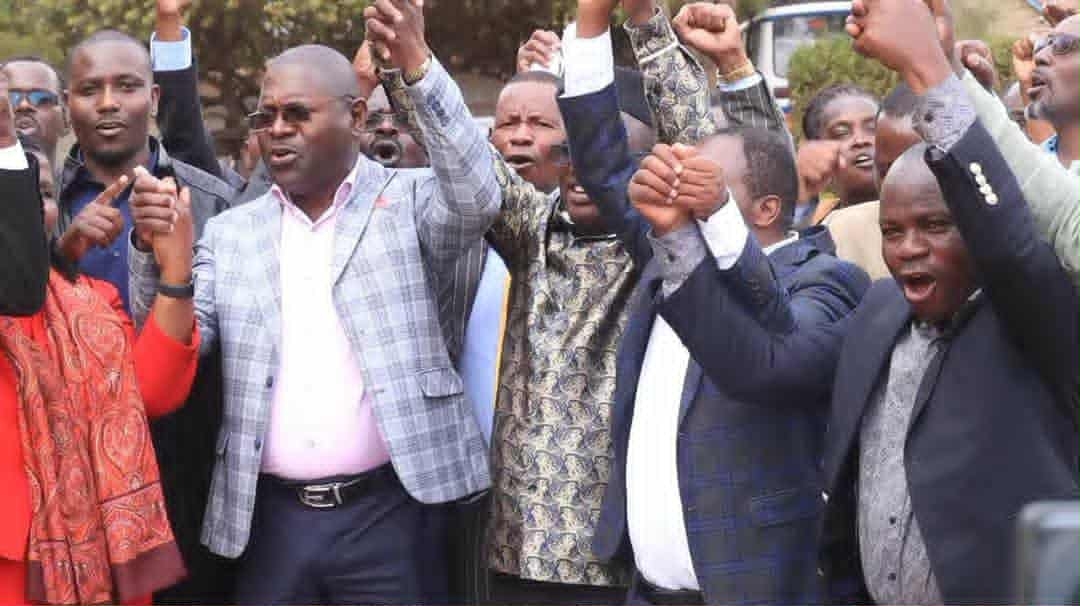
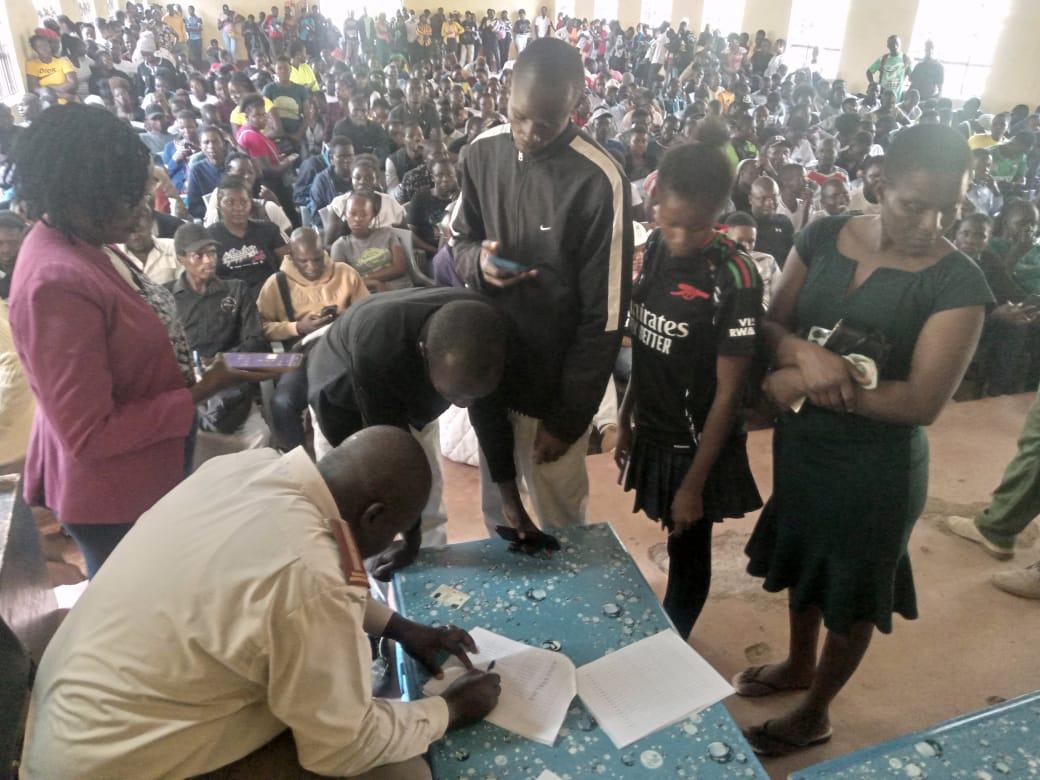
The National Youth Opportunities, Training and Advancement
(NYOTA) programme has successfully completed its validation exercise in Homa
Bay County, marking another major step in the nationwide rollout of the youth
empowerment initiative.
All eight constituencies successfully wrapped up the process
without any irregularities or reported cases of misconduct.
A total of 8,275 applicants were validated across the
county, with Homa Bay Town recording the highest turnout at 1,675 participants,
followed by Karachuonyo with 1,475 and Ndhiwa with 1,315.
Other constituencies included Kabondo Kasipul (851), Rangwe (822), Kasipul (795), Suba North (766) and Suba South (576).
Speaking after the completion of the exercise, Homa Bay County Commissioner Ronald Mwiwawi confirmed that the process was conducted smoothly and without any major incidents.
He said the turnout across the constituencies was impressive, reflecting the growing awareness and interest in the government’s empowerment programs.
“We are pleased to announce that the Nyota validation exercise in Homa Bay has been completed successfully in all eight constituencies, with no reports of any peculiar cases,” Mwiwawi said.
“The support we received from the National Government Administration Officers (NGAO) was superb and played a critical role in ensuring the exercise was conducted efficiently.”
County administrators noted that the cooperation and
logistical support provided by the National Government Administrative Officers
(NGAO) were instrumental in ensuring the smooth completion of the exercise.
The NYOTA programme, spearheaded by the national government,
seeks to empower young Kenyans by providing training, internships, and start-up
support to enhance employability and entrepreneurship.
It targets youth aged 18 to 35 years, especially those who are unemployed, out of school, or seeking to develop practical skills for self-reliance.
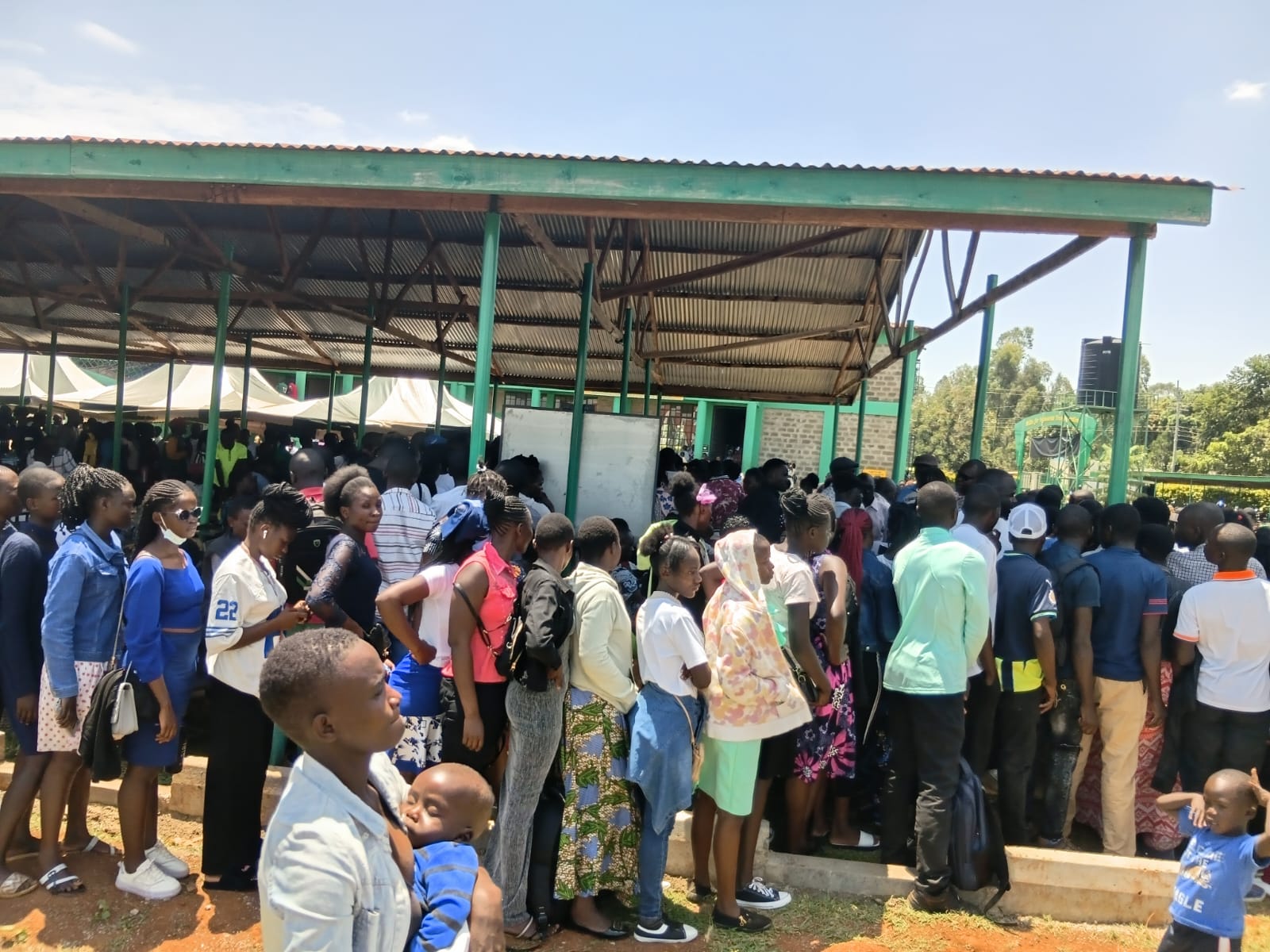
Through the initiative, beneficiaries gain access to
vocational training, digital skills, business mentorship, and funding
opportunities under structured national and county-level programmes.
The validation exercise serves as a crucial stage in the
programme’s implementation.
It is designed to confirm that the applicants meet the set
eligibility criteria, verify their documentation, and ensure the authenticity
of personal details such as national identification, residence, and educational
background.
Successful validation qualifies youth for placement into various NYOTA training streams and development pathways.
The national NYOTA Secretariat is expected to release the final list of verified beneficiaries in the coming weeks, paving the way for training and mentorship sessions across various counties.
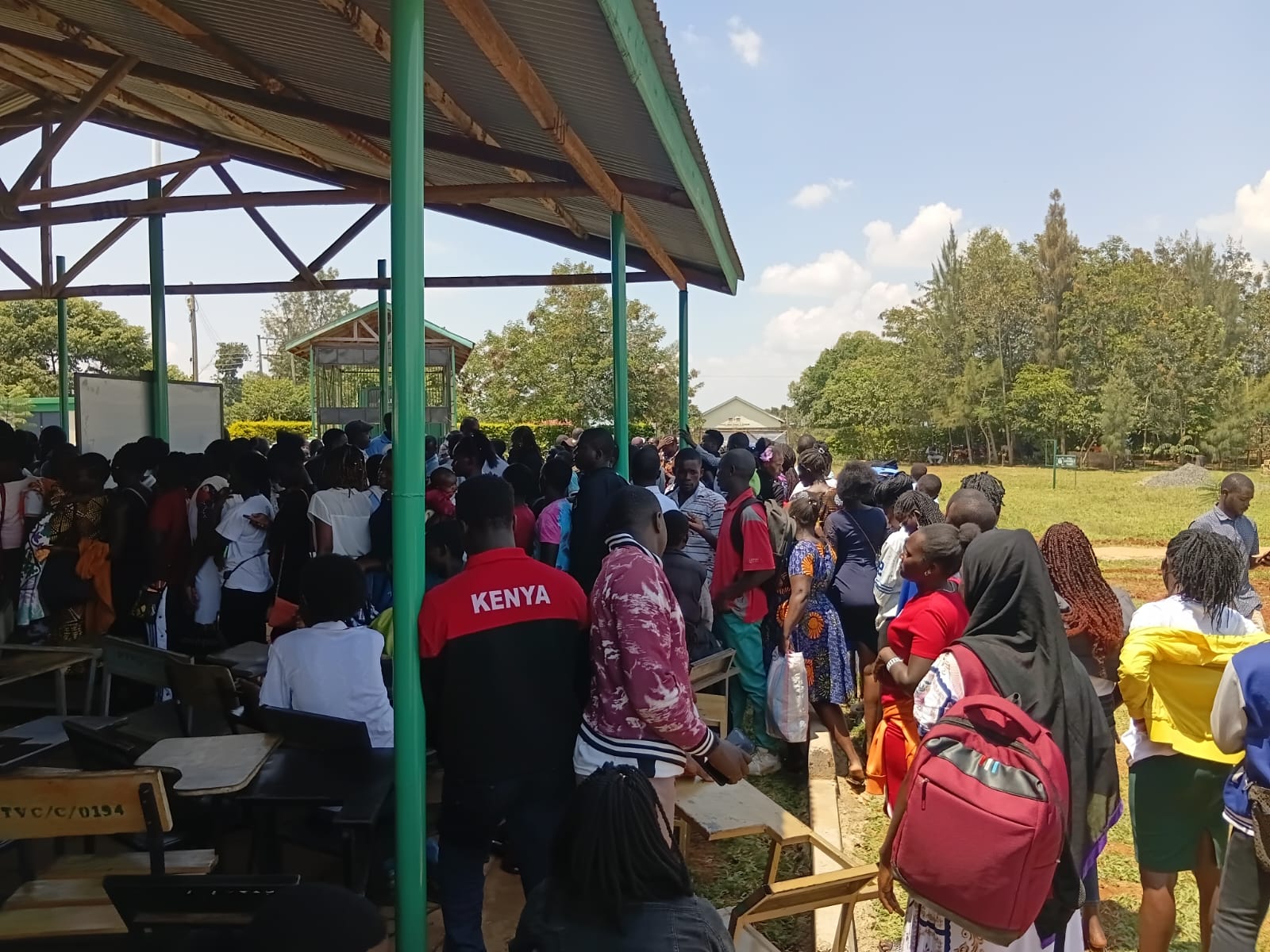
The validation marks the final step before the
implementation phase, during which beneficiaries will begin receiving training
and other forms of support under the Nyota initiative.
The Nyota Programme—a flagship government project—targets
more than 820,000 vulnerable youth aged 18 to 29 years across all 1,450 wards
in Kenya.
For persons with disabilities, the age limit extends to 35
years, ensuring that no one is left behind.
The programme also upholds a 50 percent gender balance and ensures inclusion of youth living in refugee camps in Garissa and Turkana counties. At least 5 percent of all opportunities are reserved for young people with disabilities.
The programme is structured around three major
pathways—On-Job Experience, Recognition of Prior Learning (RPL), and Business
Support—each designed to respond to different needs within the youth
population.
The On-Job Experience component focuses on giving youth
practical exposure through mentorship and technical training by master
craftsmen, employers, and industry experts. It targets at least 90,000 youth
nationwide who will gain both technical and socio-emotional skills to enhance
employability.
The RPL component seeks to recognise and certify existing
informal skills, helping around 20,000 youth transition into the formal job
market.
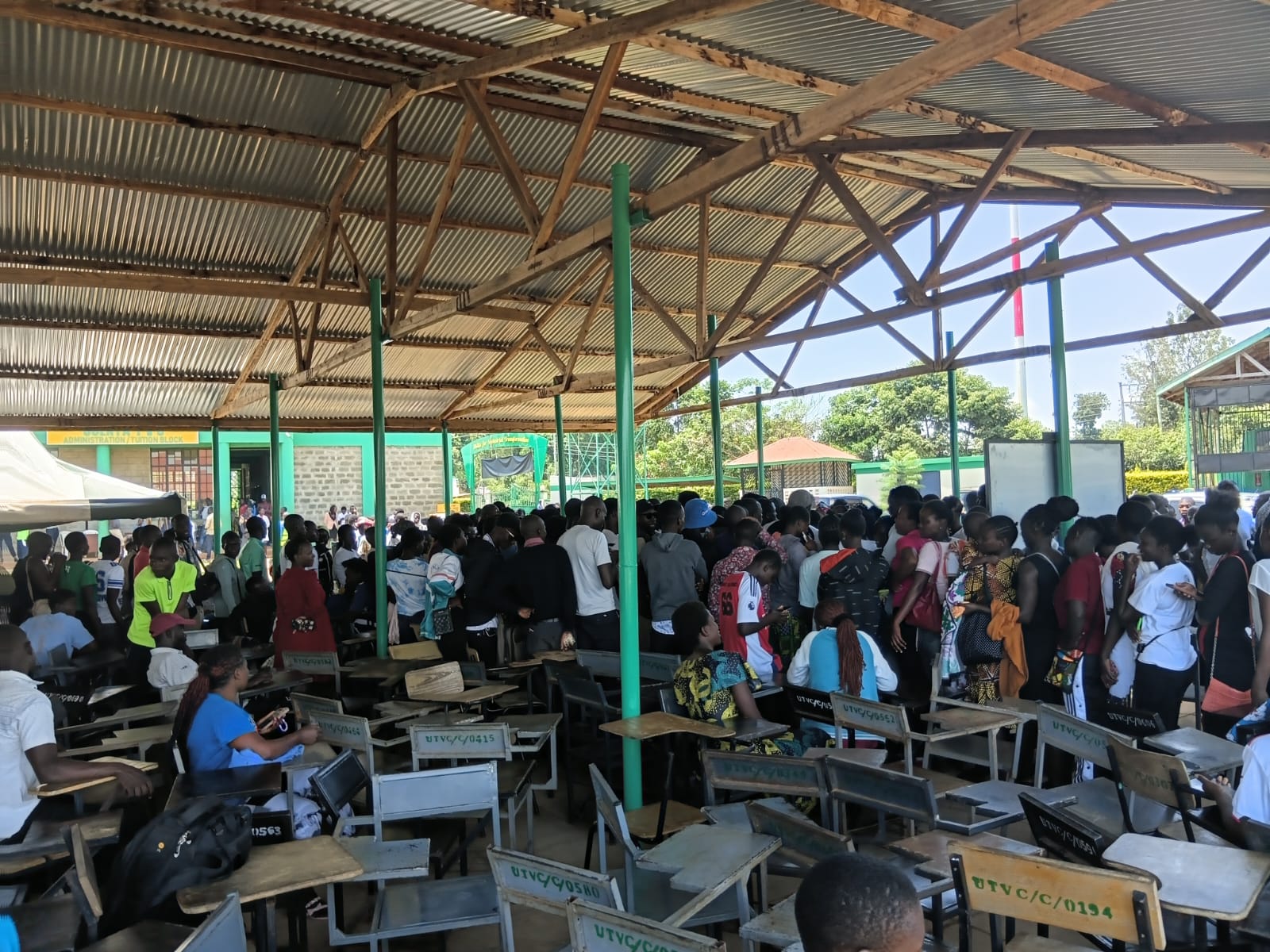
This pathway acknowledges the expertise of young people who have acquired hands-on experience but lack formal qualifications.
Under the Business Support pathway, the programme will train and fund 100,000 young entrepreneurs, each receiving a Sh50,000 grant as start-up capital.
Beneficiaries will also be taken through business development training and mentorship to ensure sustainability.
Beyond the grants, the Nyota Project will train 600,000 youth entrepreneurs on how to access government procurement opportunities through the Access to Government Procurement Opportunities (AGPO) programme.
This will allow them to supply goods and services to
government institutions, creating long-term income streams and stability.
In addition, the programme promotes a mandatory savings
culture, requiring beneficiaries in the on-job experience and business support
components to save 12 percent of their earnings or grants.
This is intended to encourage financial discipline and support long-term economic growth among participants.







![[PHOTOS] Council of Governors visits Raila's grave](/_next/image?url=https%3A%2F%2Fcdn.radioafrica.digital%2Fimage%2F2025%2F10%2F59c8111a-6f0d-4719-8587-7e965c4bdd34.jpg&w=3840&q=100)


